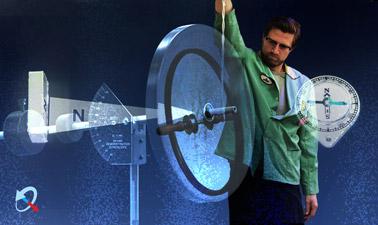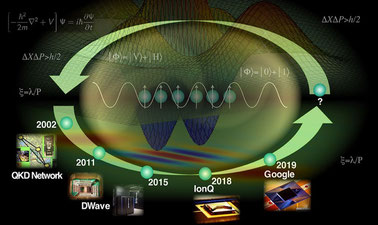The online uniform motion simulations on this page teach you in a practical way what this motion is like, which despite its simplicity is of great importance for understanding other more complex types of motion.
Uniform motion is a type of motion in which an object moves along a trajectory with a constant velocity. In other words, the velocity of the object does not vary with time throughout the motion. Uniform motion is a fundamental concept in physics and is used as a basis for understanding other, more complex types of motion.
In uniform motion, the velocity of the object remains unchanged at all times. This means that the acceleration is zero and therefore the object remains on a straight path at constant velocity. That is, the magnitude and direction of the velocity do not change.
The basic formulas for uniform motion are:
Mean velocity (vm). It is calculated by dividing the total distance traveled (d) by the elapsed time (t).
vm = d/t
Instantaneous velocity (vi). It is the velocity at a given instant. In uniform motion the instantaneous velocity is always the same and equal to the average velocity.
vi = vm
Distance traveled (d). It is calculated by multiplying the average velocity (vm) by the elapsed time (t).
d = vm * t
Elapsed time (t). Calculated by dividing the distance traveled (d) by the average speed (vm).
t = d/vm
These online uniform motion simulations are very useful to understand this simple but important type of motion.
Explore the exciting STEM world with our free, online simulations and accompanying companion courses! With them you'll be able to experience and learn hands-on. Take this opportunity to immerse yourself in virtual experiences while advancing your education - awaken your scientific curiosity and discover all that the STEM world has to offer!
- Displacement
- Bus
- Boat
- Automobile
Displacement and distance traveled
In this simulation, the path of the mouse is represented as it moves across the screen. When the mouse is lifted, the vector indicates its displacement. What does it mean when the displacement is zero but the distance traveled is not?
Physics courses


AP® Physics 1 – Part 4: Exam Prep



The Basics of Transport Phenomena



AP® Physics 1 – Part 1: Linear Motion



Circuits for Beginners



Mechanics, Part 2



Mechanics, Part 1



Dynamics and Control

Other courses


Reservoir Geomechanics



Antarctica: From Geology to Human History



Introduction to Deep Earth Science



Quantum Mechanics for Everyone



Principles of Biochemistry



Introduction to Quantum Science & Technology



Astrophysics: Cosmology






















